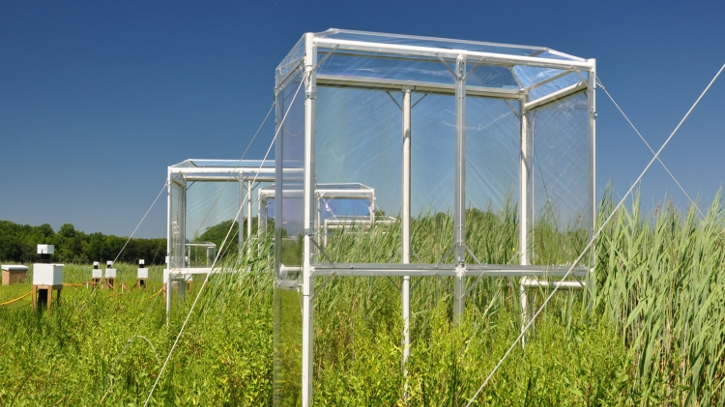In This Section
- Home
- About the College
- Governance
- College Committees & Steering Groups
- College Assembly
- College Council
- College Executive Management Committee
- College Academic Programmes and Curriculum Development Committee
- College Graduate Studies Committee
- College Research & Innovation Committee
- College Teaching Learning and Student Experience Committee
- College Student Recruitment and Outreach Committee
- College Sabbatical Research Leave Committee
- College of SEFS Adjunct Appointments Committee
- International Education Committee
- College Postgraduate Student Committee
- Athena SWAN Steering Group
- College Committees & Steering Groups
- Human Resources
- UCC STEM Awards
- Scholarships and Prizes
- Women in STEM Panel Talks
- Inaugural Professorial Lectures
- Athena SWAN in SEFS
- Proposal Calls
- Contact Us
- Science in Society Public Lecture Series
- Governance
- News
- Staff
- Schools and Departments
- Current Students
- Undergraduate Courses
- Postgraduate Courses
- International Students
- Research and Innovation
- Employability and Careers
- Outreach and Public Engagement
- Science Week
- Transition Year Programmes
Plant characteristics influence how ecosystem responds to climate change

The way in which an ecosystem responds to climate change will depend on the characteristics of plant species
Human activities are producing increasing levels of carbon dioxide (CO2), the main greenhouse gas that is causing our planet’s climate to change. Furthermore, excess levels of nitrogen are being released into the environment through fertilizer run-off from farms, contaminating our waterways and causing the familiar sight of algal blooms. Plants absorb both CO2 and nitrogen in order to grow, however as both these factors continue to increase, the way in which an ecosystem responds will depend on the characteristics of plant species. This is according to a recent study led by UCC’s School of Biological, Earth and Environmental Sciences and the Environmental Research Institute in collaboration with Bryn Mawr College, Pennsylvania and the Smithsonian Environmental Research Center, Maryland.
Published this week in the journal Scientific Reports, the study focused on plants that grow in saltmarshes - the regions between land and sea that are regularly flooded by tides. Although these coastal ecosystems are small compared to other types of habitat on the planet, they are extremely efficient at absorbing CO2, making them crucial allies in our struggle against climate change.
Some plant species grow well under high levels of nitrogen while others do not. This research has shown that the way plants absorb nitrogen can be impacted by exposure to high levels of CO2 in the atmosphere. “This research emphasises the role that plants play in regulating the response to global climate change,” says lead scientist Dr Grace Cott of UCC, “How plants use nitrogen can have an impact on how the whole ecosystem responds.”
Through further experiments, Dr Cott hopes to work out how different forms of nitrogen affect wetland plants when they are grown under high levels of CO2, allowing ecosystems that are especially good carbon ‘sinks’ to keep doing their job.
In addition to nitrogen pollution, coastal wetlands are also at risk from sea level rise. We also expect wetlands to act as sponges during coastal flooding - a phenomenon that is also linked to climate change - and to provide a wildlife habitat for birds and fish. Wetlands are protected under the EU Habitats Directive, but despite this designation threats still remain. Dr Cott emphasises “Because coastal wetlands are so good at capturing and storing carbon they play a large role in the global carbon cycle, therefore it is really important that we understand how these ecosystems change with rising levels of atmospheric CO2 and excess levels of nitrogen.”
The full article can be accessed here: https://www.nature.com/articles/s41598-018-23349-8
College of Science, Engineering and Food Science
Coláiste na hEolaíochta, na hInnealtóireachta agus na hEolaíochta Bia
Contact us
Block E, Level 3, Food Science Building, UCC, Cork, T12 YN60.
